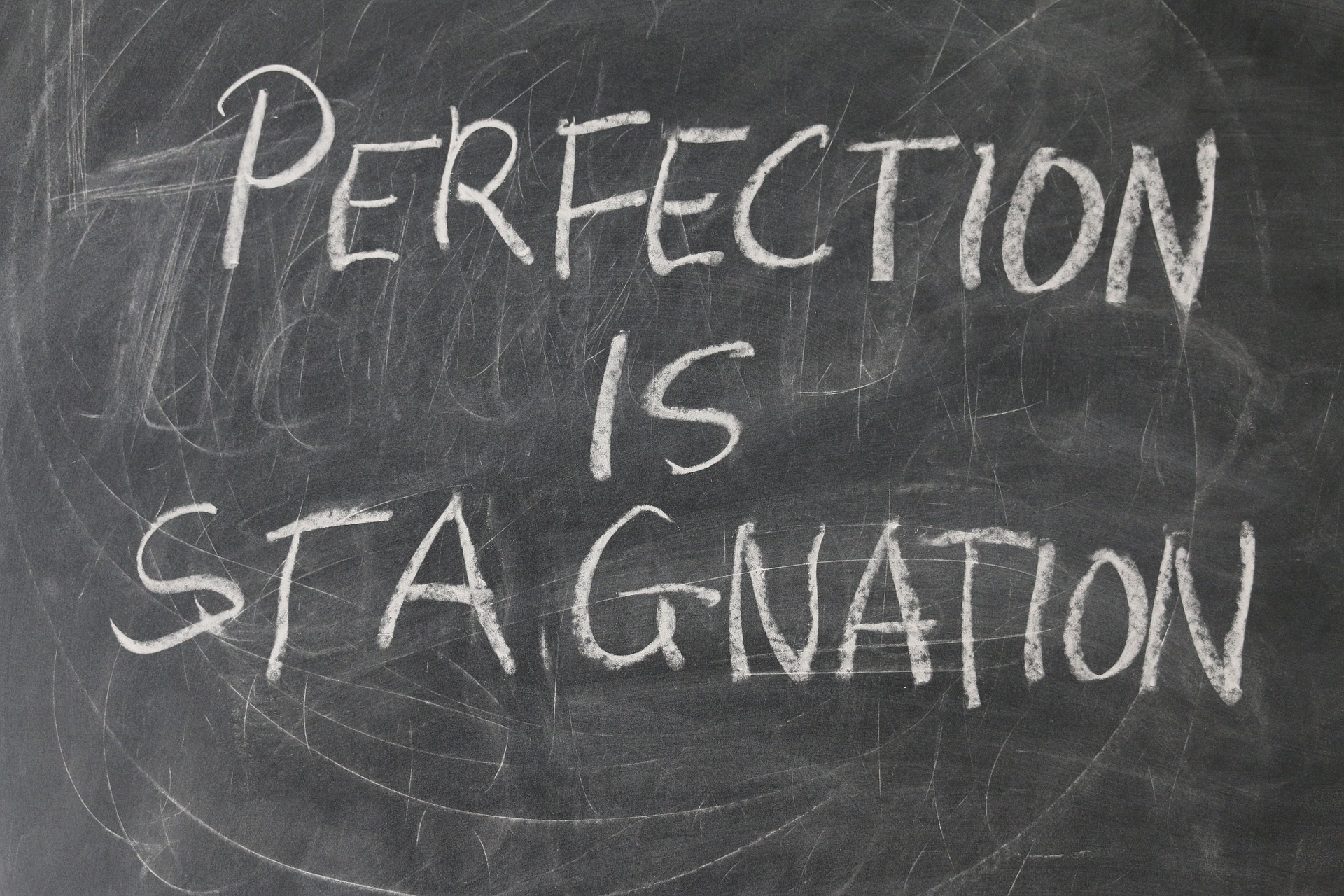Perfectionism can be a useful feature of character for completing particular tasks that demand inhuman precision, however, in our daily life, including the majority of professional activities, being a perfectionist can be a real curse. If you are one of the people who feel an urge to do everything in an ideal way, but you are still not aware of the complications this actually brings into your life, we hope the current article will help you to understand perfectionism better and learn how your life can become easier without it.
Why perfectionism is makes everything more complicated?
Although some people are able to be perfectionists only in particular sphere of life, real perfectionists live according to the general principle of “Everything or nothing”. How exactly does it affect their lives?
There is an abundance of examples of the effects of perfectionism on almost everything surrounding a person.
At work, perfectionists usually experience a hard time since they can’t move on to the next task without getting perfect results of their current task. As you can imagine, it can take a lot of time and still not to lead to any result since perfection is never achievable. It doesn’t mean that we shouldn’t pay any effort in the work we are doing, but we should always understand what is more important right now and which result is regarded as sufficient. Otherwise, we simply can’t proceed in our activities.
At home, perfectionists usually seek perfection in the order of their space ending up in spending too much time on cleaning their flats and houses. For many of them, it is even impossible to ask anyone from their family to help them with household chores since no one is able of cleaning the house thus well as they can do it. As you can imagine, all of these things need a large amount of time.
It can be even worse since real perfectionists tend to suffer because of their interpersonal relations. These people are prone to expecting the perfection from others and can become frustrated since it is never possible. Needless to say, people surrounding a perfectionist also suffer a lot.
These are only some of the most popular illustrations of being a perfectionist and, as you can see, this is definitely not a simple experience.
Is it possible to get rid of perfectionism?
Fortunately, according to many psychologists, one can stop being a perfectionist. They believe that people are not born as perfectionists and this feature of character is developed due to the way our parents and teachers are upbringing us. This approach definitely has sense since these people usually expect us to do various things flawlessly. Thus, one can treat perfectionism as a kind of a habit, so, even if it is not so simple, we can certainly get rid of it.
Note that it is possible to stop being a perfectionist in all spheres of your life. You should try doing it as soon as possible and you will be able to improve the overall quality and satisfaction of your life.
How can you get rid of perfectionism at work?
There are several practical recommendations that will help you to start living a normal life without a need to be perfect.
First of all, stop referring to yourself as to a perfectionist. Instead of that, you can just admit that in some situations, you might behave in a way resembling a perfectionist. This will help you to start programming yourself subconsciously in a different way and will allow you to behave in a different way.
Second of all, admit that your perfectionism isn’t so good for you. While you are focusing only on a single task trying to achieve the level of imaginary perfection, you are risking not to finish it at all and, additionally, waste the time that was earmarked for working on other tasks.
When you realise your problems with perfectionism, it is time to include particular practices into your working process. For instance, such as setting time limits for every task. Unfortunately, the majority of perfectionists are unable to estimate the time needed for completing their tasks, so, it will be useful for them to work within strict time frames. You can even set even more severe limits than are actually needed since you can still be prone to spend an excessive amount of time on finishing your tasks.
Another useful approach is dividing your tasks into several groups. The first one are the tasks that are really worse your maximum attention since this is a kind of a time investment that will bring you profit in the future. Another group of tasks will give you as much benefits and you the energy you are going to invest in them. Finally, there are also tasks that won’t bring you any additional profit even if you spend much more time on them than it is actually needed.
Finally, understand that not working on ideal results doesn’t mean that you are lazy. It is absolutely normal and the humankind wouldn’t be able to survive if everyone was trying to do everything perfectly. Any time you are going to work on a new task, ask yourself, how much time you need for getting a good result rather than a perfect one.

